Did you become far too invested in The White Lotus Season Three for it to only be eight episodes? Have you scrolled through every Tweet, TikTok carousel and Instagram comment about the finale and still aren’t satisfied? Are you dreaming of a vacation where the conversation poolside is seeping with mixed messages and underlying motivations?
Luckily, we have put together a perfectly tailored reading list to tide you over till the next resort-based calamity. Sure, all these titles center on the general concept of the wealthy engaging in unorthodox endeavors. But if you found yourself gravitating toward a particular character this season, we’ve narrowed down the niches and found the perfect novel for you.
Obsessed with Rick’s revenge vendetta and Scorpio mystique? Kate’s southern, sugar-coated charm being her best weapon? Maybe even Lochlan’s adolescent, appalling moral dilemmas? Read on!
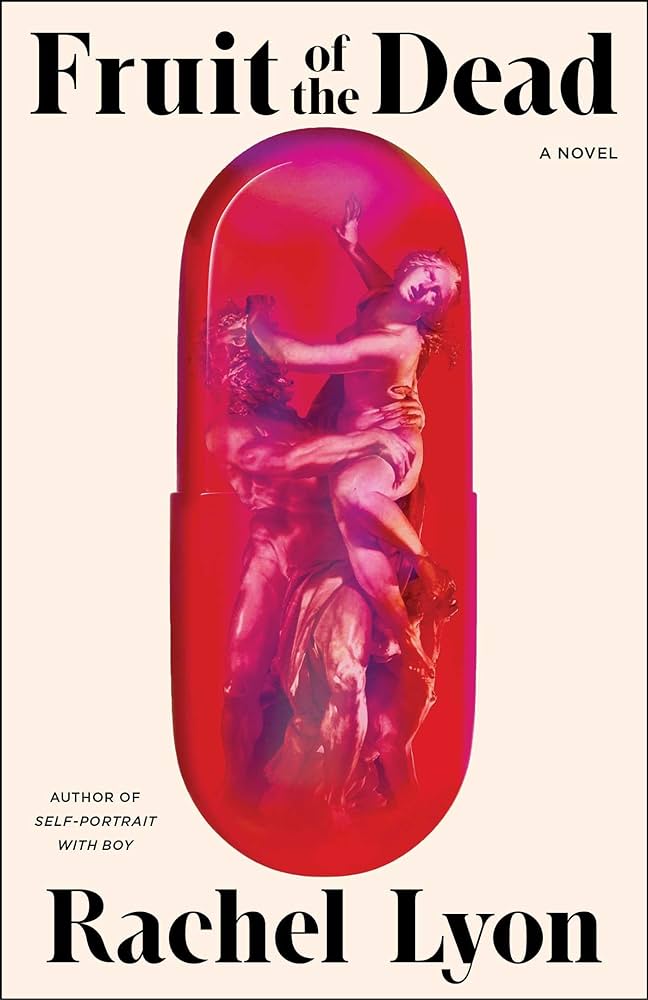
Fruit of the Dead by Rachel Lyon
“I just don’t think I’m meant to live an uncomfortable life!” – Victoria Ratliff
Rachel Lyon’s Fruit of the Dead reimagines the Persephone myth as a surreal literary thriller steeped in sensuality, power and control — perfect for fans of Victoria Ratliff, who floated through Season Three with curated calm until reality threatened to ruffle her silk kaftans. When a young woman is lured into a mysterious artist’s inner circle on a luxurious island, the novel unpacks the price of surrendering agency for comfort, especially in worlds built by men. Much like Victoria’s flippant rejection of discomfort, Fruit of the Dead explores the seductive — and dangerous — desire to live untouched by consequence. For viewers obsessed with the show’s commentary on wealth, artifice and emotional avoidance, this novel will scratch that same beautifully toxic itch. It’s lush, haunting and exactly what you’d pack for a getaway you may not return from.
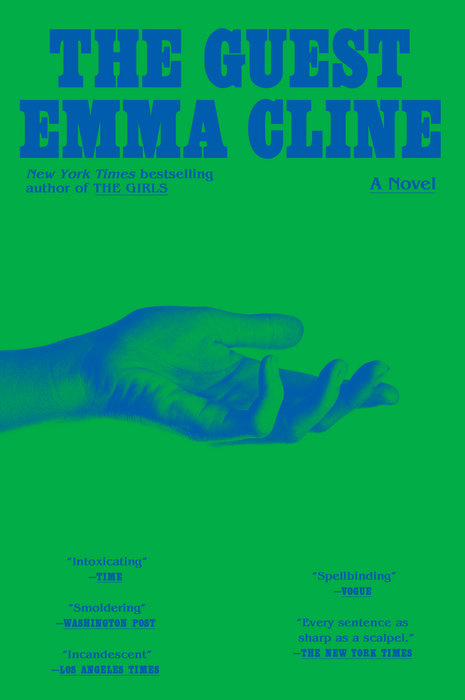
The Guest by Emma Cline
“This is so on-brand for you, to be a victim of your own decisions.” – Chelsea to Rick
If you were fixated on Chelsea’s slow burn toward disillusionment — and her brutal, accurate read on Rick — then Emma Cline’s The Guest is your next obsession. The novel follows Alex, a young woman drifting through the Hamptons after a breakup and an expulsion from her previous host’s home. With no money, no plan and an uncanny ability to manipulate her surroundings, she spirals through increasingly reckless decisions while pretending it’s all part of some higher plan. Sound familiar? Like Rick, Alex is constantly derailed by choices she refuses to own. Chelsea’s quote isn’t just a snarky aside — it’s a thesis for the novel. The Guest captures the same eerie, entitled unraveling that defines The White Lotus: beautiful settings, questionable people and the sharp sting of self-sabotage disguised as fate.
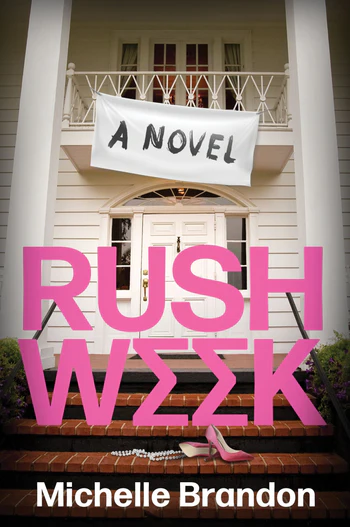
Rush Week by Michelle Brandon
“I thought you said she looked great?” – Jaclyn, referring to Laurie
“Well, she does, but she also looks tired…” – Kate, in response
Michelle Brandon’s Rush Week is an icy, razor-sharp debut set in the cloistered world of an elite college sorority — and it hums with the same social subtext as that breakfast-table jab between Jaclyn and Kate. This novel dissects performative femininity, power dynamics and what it costs to be liked, chosen or envied. Just like Laurie, Kate and Jaclyn’s frenemy triangle in The White Lotus, the characters here toe the line between support and sabotage, often dressing judgment up as concern. Kate’s attempt to defend Laurie’s appearance while appeasing Jaclyn mirrors the novel’s exploration of how women assess and undercut each other in curated, high-stakes spaces. Fans of the show’s commentary on aging, beauty and passive-aggressive micro-dramas will devour this one — and maybe even question their own brunch table banter.
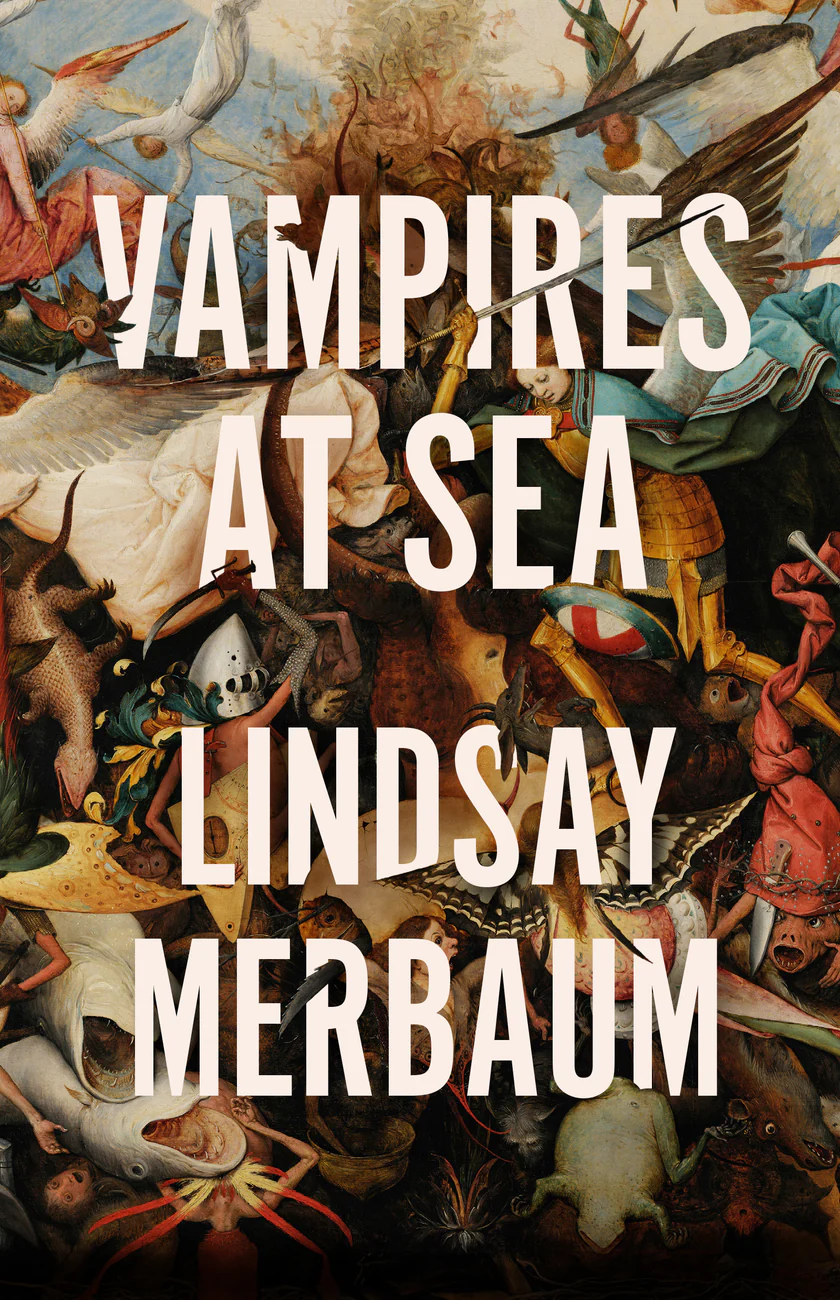
Vampires at Sea by Lindsay Merbaum
“What happens in Thailand stays in Thailand!” – Jaclyn Lemon
Jaclyn delivers this line with a conspiratorial smile, hoping a tropical setting will absolve her of consequences. That’s exactly the kind of magical thinking that fuels Vampires at Sea, a hedonistic, genre-bending novel set aboard a luxurious, secretive cruise ship with an appetite for destruction — literally. It’s queer, campy and full of characters who want to outrun their pasts by stepping into an unregulated paradise, only to find that power, privilege and desire are just as treacherous at sea. Like The White Lotus, it’s a story about what people are willing to do when they believe they’re untouchable. Fans drawn to Jaclyn’s self-serving charm and the show’s critique of “vacation morality” will revel in this blood-soaked, slow-burning fever dream.
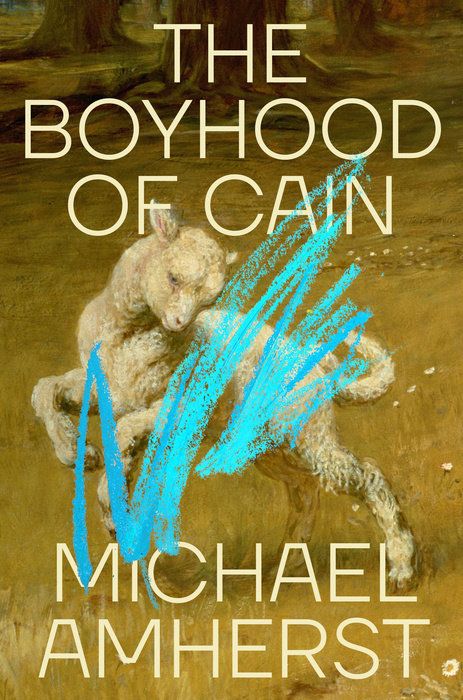
The Boyhood of Cain by Michael Amherst
“Just brothers bonding, you know.” – Chloe, referring to her tryst with Saxon and Lochlan Ratliff
Chloe’s casual justification for her unsettling encounter with the Ratliff brothers glosses over something deeply fractured — and so does The Boyhood of Cain, a haunting, intimate novel about the murky spaces where masculinity, guilt and morality collide. The book explores male coming-of-age through the eyes of someone shaped by trauma and expectation, much like Lochlan Ratliff, who spends Season Three quietly imploding under the shadow of his alpha brother Saxon. Amherst taps into the interior life of someone who’s been told how to act, how to feel and who to become — then dares to question it. If Lochlan’s blank stares and moral numbness unsettled you in all the right ways, this novel will feel like a whispered confession you weren’t meant to hear.
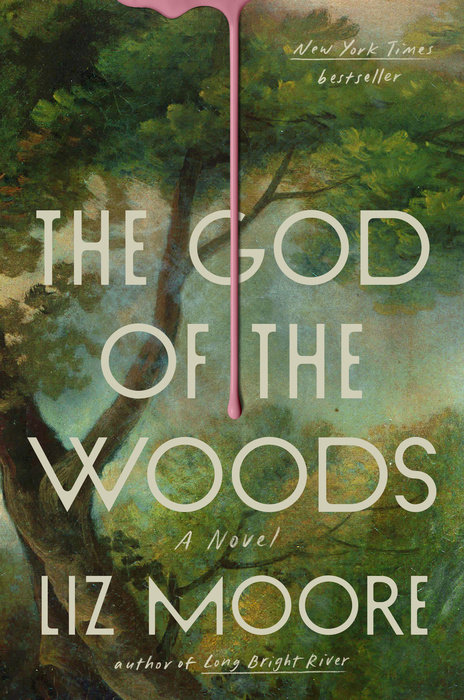
The God of the Woods by Liz Moore
“I was starting to feel good about life again, then, plot twist.” – Chelsea
Belinda, the spa manager caught between genuine care and emotional exhaustion, might not say Chelsea’s line out loud — but she lives it. In Season Three, she returns with a wearier grace, once again stuck serving guests whose emotional baggage far outweighs their luggage. That simmering tension pulses through Liz Moore’s The God of the Woods, a literary mystery that unspools through layers of family secrets and the quiet grief of women rendered invisible. Much like Belinda, Moore’s characters have moments where they believe healing is within reach — only for life to deliver its cruel twist. This novel is for fans who saw in Belinda a quiet heroine, one who deserves more than she gets and who knows that serenity can be its own kind of heartbreak.
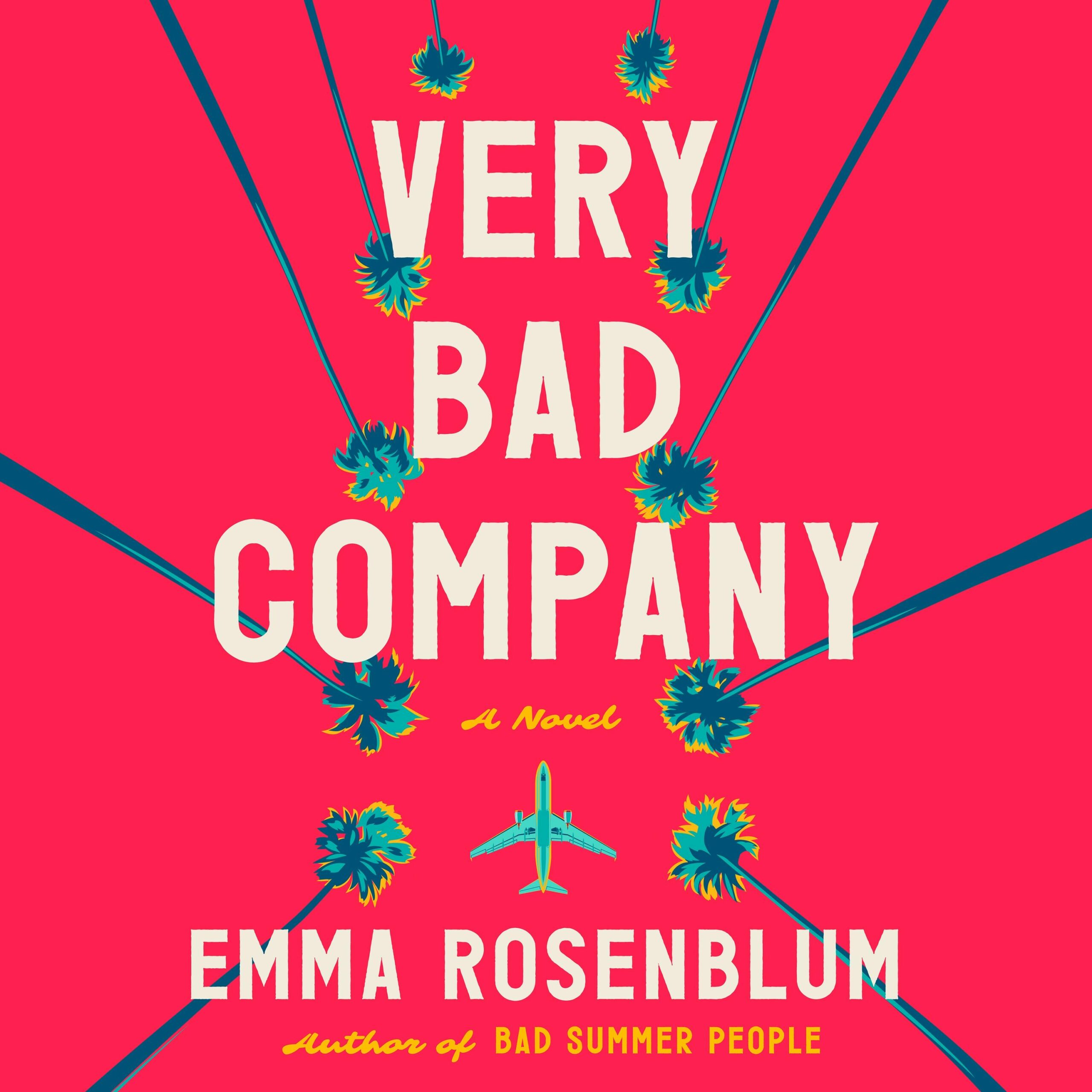
Very Bad Company by Emma Rosenblum
“I can’t work in finance if I plead guilty to embezzlement and fraud.” – Timothy Ratliff
Timothy Ratliff’s meltdown is iconic: a man more terrified of losing LinkedIn clout than facing prison. If you cackled at his downfall, you’ll love Very Bad Company, a sleek, sharp thriller that slices into tech-world corruption with all the precision of a corporate assassin in a WeWork. When a woman uncovers shocking secrets at the start-up where she works, she’s pulled into a maze of lies, cover-ups and reputational warfare. Like Timothy, the players here are slick, successful and completely amoral — until their house of cards begins to wobble. The novel captures that same White Lotus thrill of watching powerful people flail when the system they’ve gamed starts to bite back. Plus, it’s pure fun for anyone who loves a takedown wrapped in good tailoring.
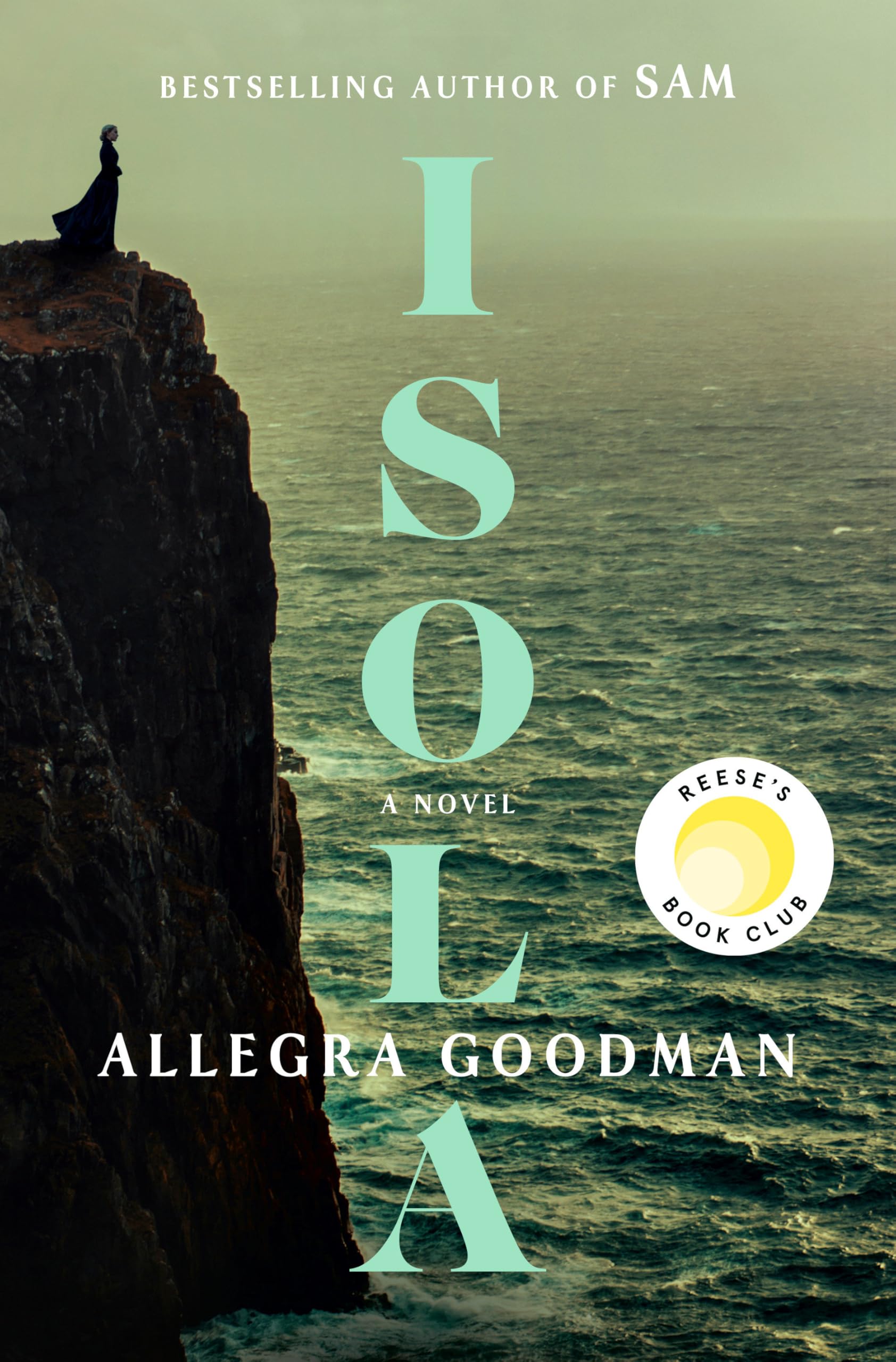
Isola by Allegra Goodman
“There is no thesis.” – Piper Ratliff to her parents
Piper’s confession is more than a lie exposed — it’s a soft rebellion. Her decision to stay in Thailand and pursue a spiritual path speaks to a deeper rejection of expectation, performance and intellectual prestige. Allegra Goodman’s Isola captures this exact mood. When a young woman journeys to a remote island in search of a missing scientist, she finds herself in a place where the rules of academia, identity and ambition dissolve. Like Piper, she’s caught between detachment and awakening, shedding old frameworks without knowing what comes next. Isola is quiet but profound, perfect for fans who resonated with Piper’s internal unraveling and who found something beautiful in the absence of a clear answer. Sometimes, freedom looks like saying: there is no thesis.
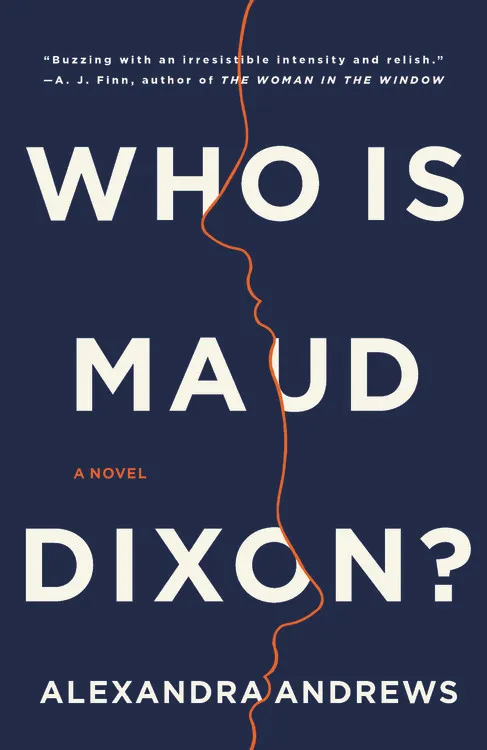
Who Is Maud Dixon? by Alexandra Andrews
“We do it for the high T and BDE, bro.” – Saxon Ratliff to Lochlan
Saxon Ratliff’s whole identity is built on posturing — protein shakes, testosterone talk and frat-boy swagger masking deep insecurity. Who Is Maud Dixon? gives us a different kind of identity performance, but one that’s just as bold. In this biting, twisty novel, a young aspiring writer steals her mentor’s identity in pursuit of fame and reinvention. Like Saxon, she believes that confidence is a costume you wear until it becomes real — and the higher the stakes, the more intoxicating the charade. Fans of The White Lotus who loved watching characters bluff, scheme and seduce their way to self-importance will find Andrews’ book thrilling, darkly funny and totally unputdownable. If you believe identity is a power move, this one’s for you.

You're Invited by Amanda Jayatissa
“She literally lives off male attention. It’s sad.” – Laurie Duffy, referring to Jaclyn
Laurie’s snide comment about Jaclyn’s need for male attention hits hard because it’s not just mean — it’s true enough to sting. You’re Invited thrives in that same space of weaponized intimacy and performative friendships. Set in the lush chaos of a Sri Lankan wedding, the novel follows Amaya, who suspects her ex-best friend’s upcoming nuptials are hiding a much darker plot. Jayatissa’s story is dripping with jealousy, surveillance and long-simmering resentment between women who once shared everything — and now trust nothing. Like The White Lotus, it revels in glamor and reveals the rot underneath. If you were obsessed with the Laurie-Jaclyn-Kate dynamic, this book will give you the same layered unraveling of loyalty, ego and the damage women do when men are just the excuse.
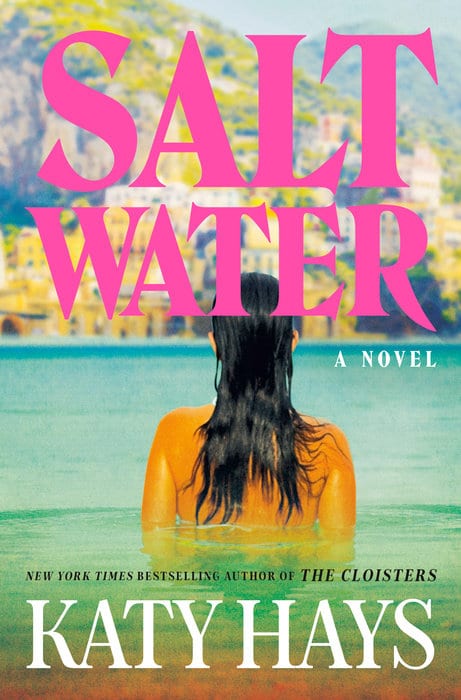
Salt Water by Katy Hays
“You may not remember him, but you sure as fuck are gonna remember me.” – Rick Hatchett, referring to his dad
Rick Hatchett’s revenge arc was pure Scorpio energy: secretive, simmering and ferociously loyal to a father long gone. His climactic line to Jim Hollinger hits like a wave — he may not be remembered, but he’ll make himself unforgettable. Katy Hays’ Salt Water carries that same stormy intensity. After her mother’s death, a woman returns to the windswept coast of Maine, where memory, grief and myth bleed into one another. Like Rick, the protagonist isn’t just searching for truth — she’s reclaiming legacy. Both stories explore how the past can possess us, how grief festers when it’s ignored and how rage becomes its own twisted form of devotion. For fans who rooted for Rick’s unraveling and his final, raw catharsis, Salt Water is a beautifully bruising echo.








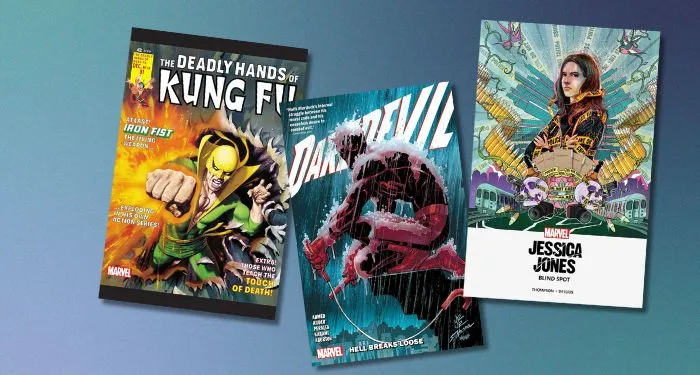

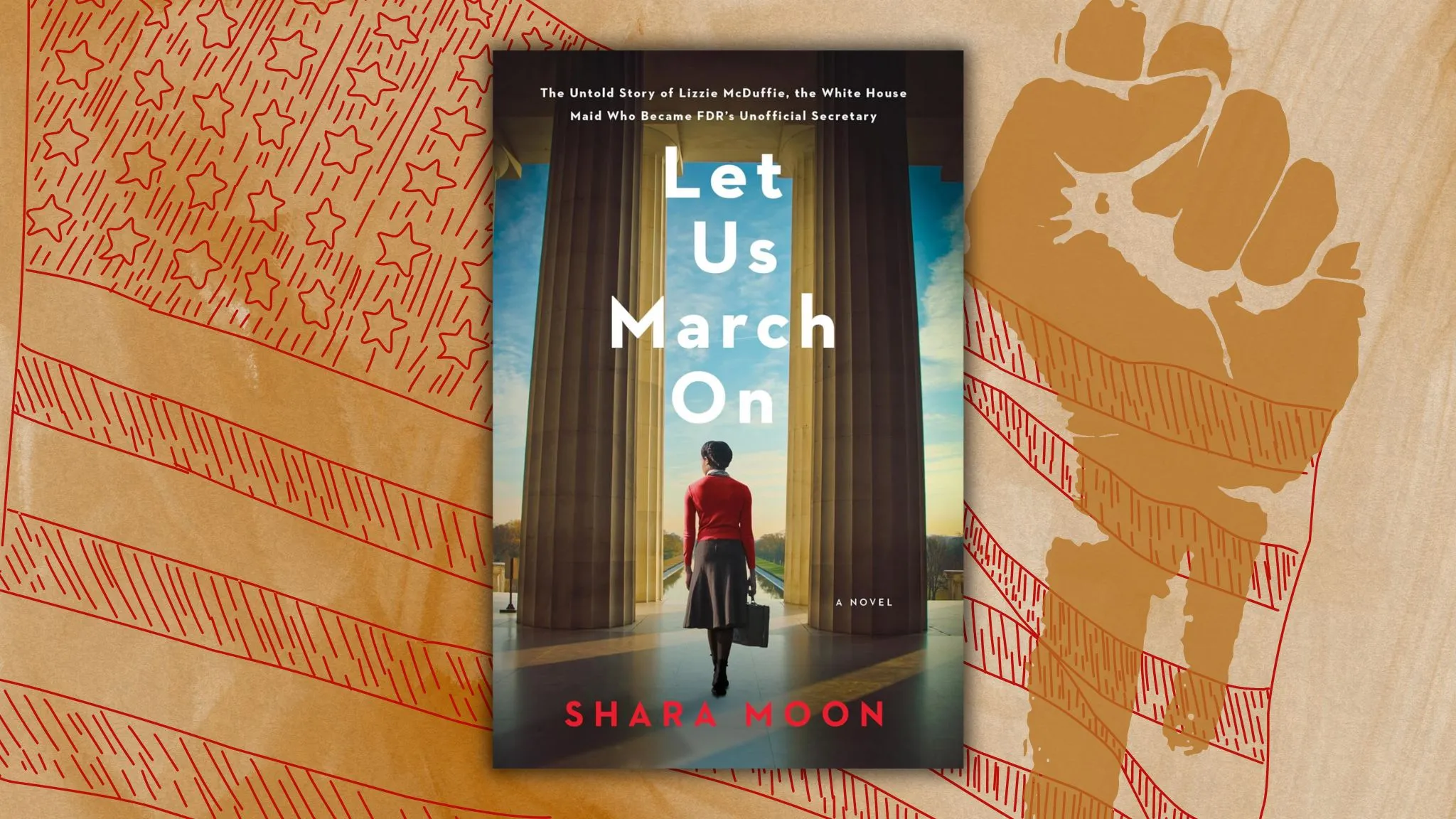

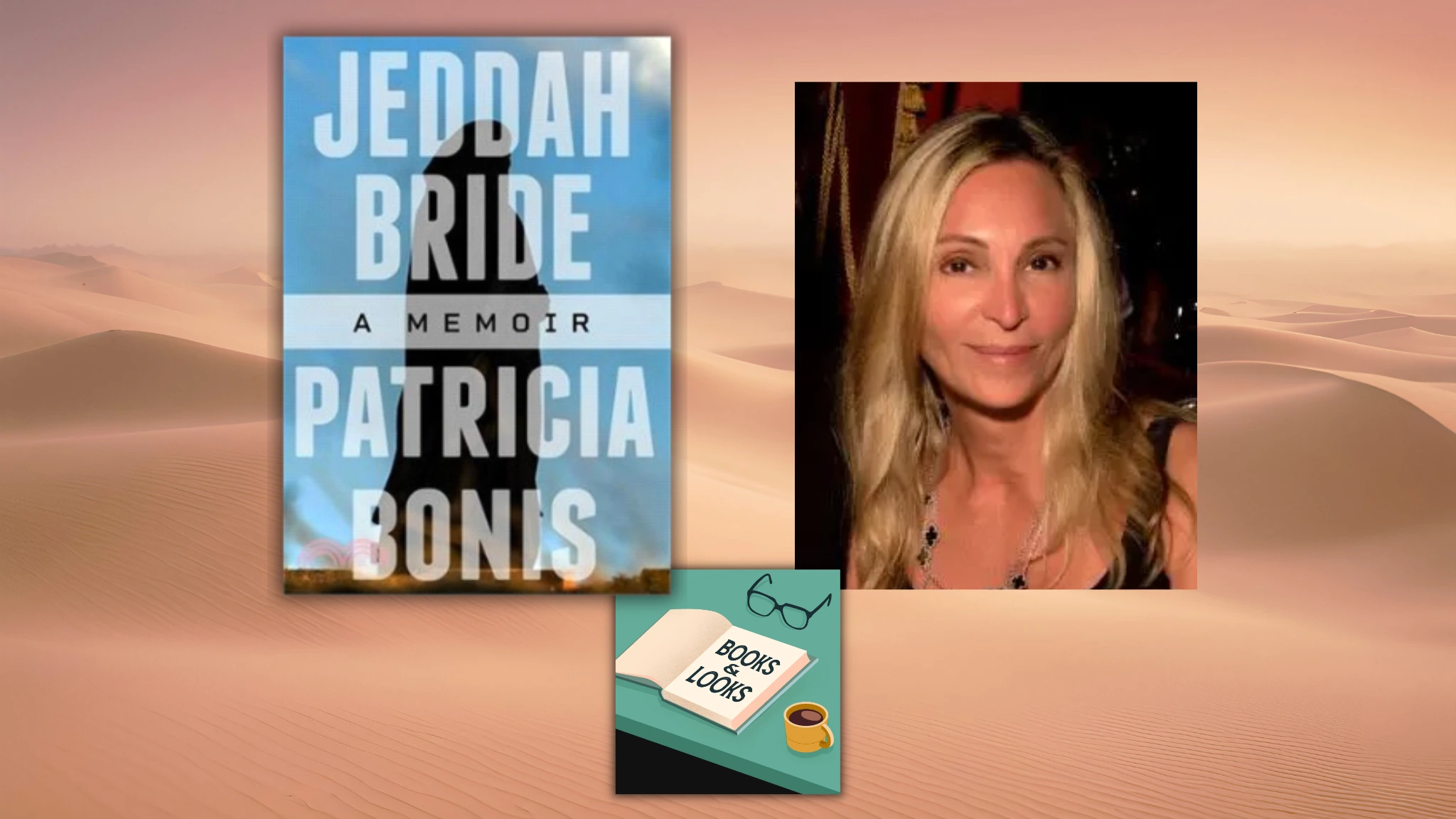
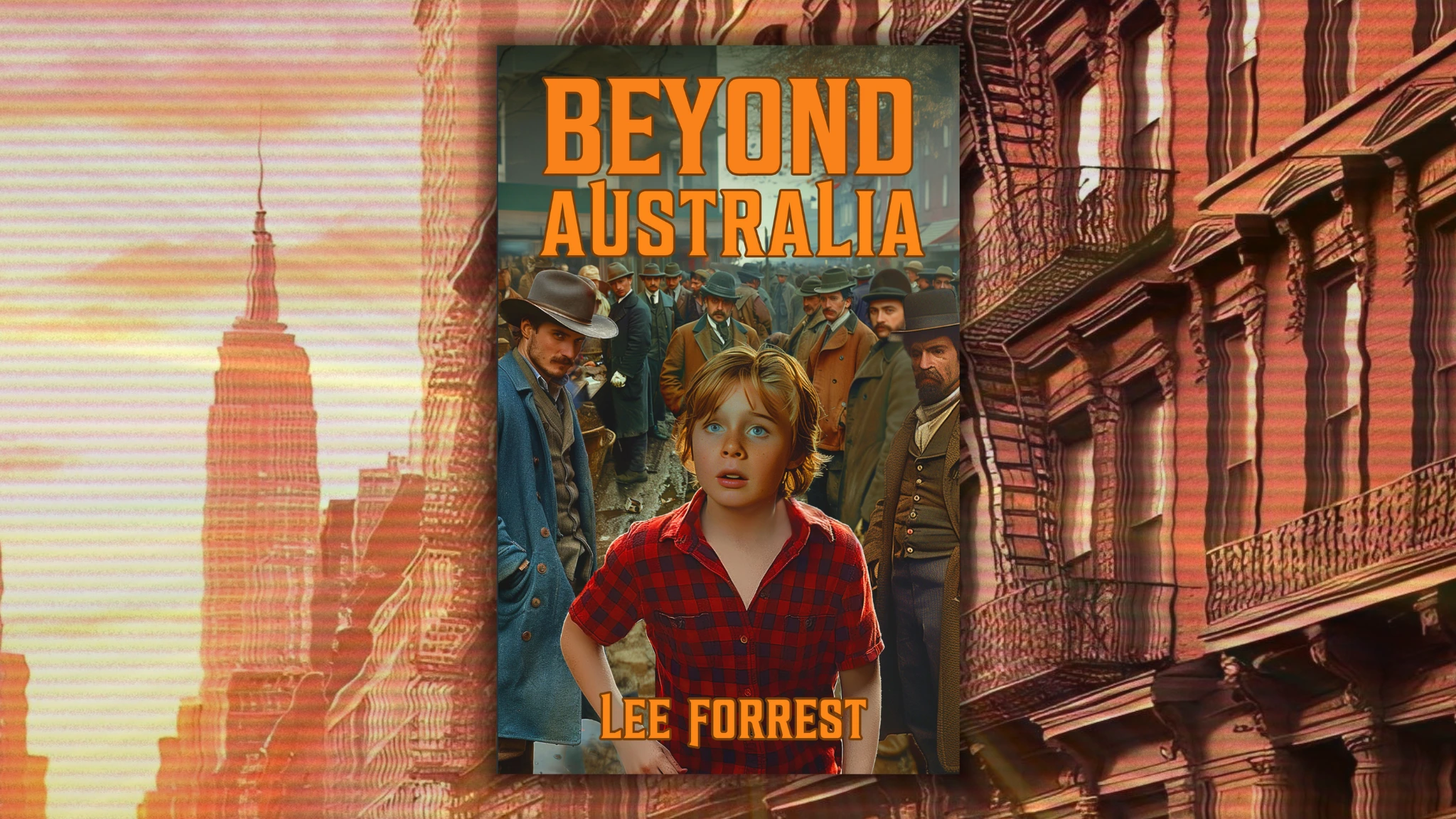



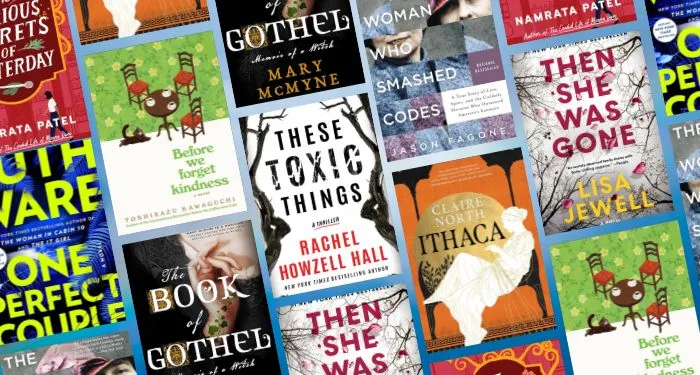
 English (US) ·
English (US) ·